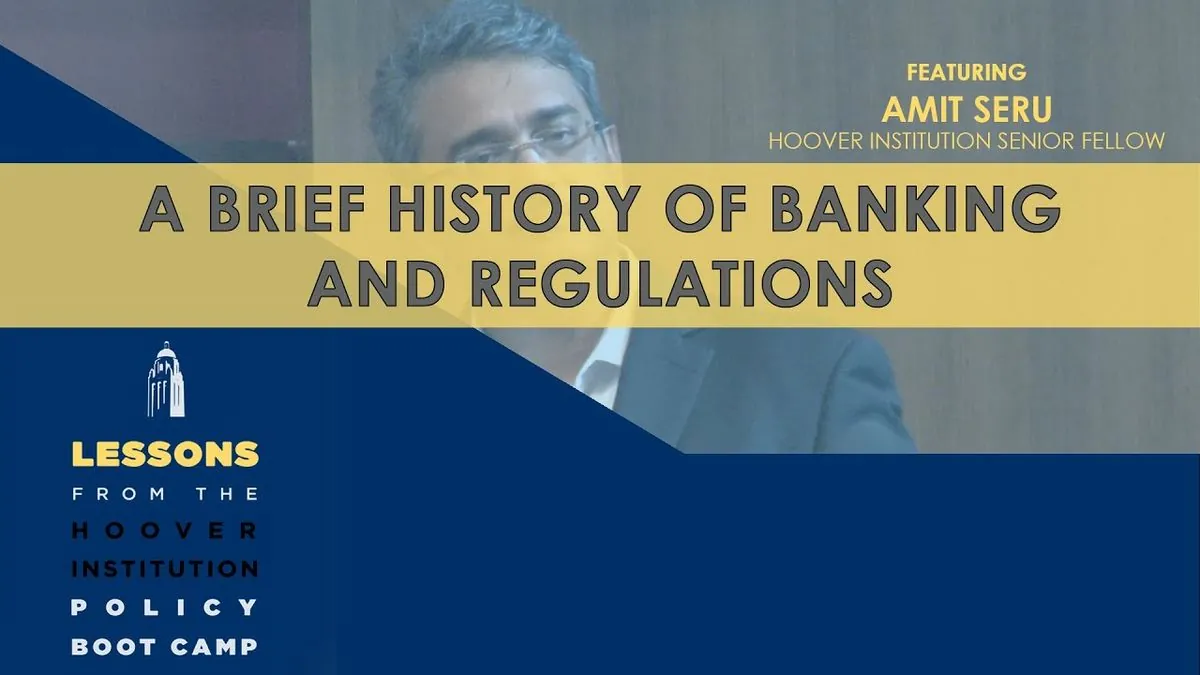The Financial Action Task Force (FATF), a global anti-money laundering watchdog established in 1989, has recommended that India enhance its scrutiny of domestic politically exposed persons (PEPs). This suggestion comes as part of a comprehensive review of India's anti-money laundering systems that commenced in 2023.
According to government sources, the FATF has advised India to improve due diligence on bank accounts belonging to local politicians, government officials, and their families. This recommendation aligns with global standards that subject politicians, their relatives, and close associates to heightened financial checks due to potential vulnerabilities to bribery and corruption.
India, which became a FATF member in 2010, already implements stringent banking checks on foreign political figures. However, the new recommendation extends this scrutiny to domestic PEPs, suggesting more rigorous monitoring of fund sources and requiring senior bank manager approval for new accounts.
The FATF's evaluation of India's anti-money laundering efforts has yielded largely positive results. Sources indicate that India has been rated as "compliant" or "largely compliant" on 37 out of 40 parameters for enforcing anti-money laundering laws. This high level of compliance reflects India's commitment to combating financial crimes since joining the task force.
Areas identified for improvement include bank scrutiny of domestic political figures, oversight of non-profit organizations' finances, and monitoring of non-financial businesses and professionals. The Indian government has acknowledged these recommendations, with a senior finance ministry official stating, "There are areas where we need to improve which we will."
The FATF, which operates on a consensus basis and collaborates with international bodies like the IMF and World Bank, has provided India with a five-year timeline to implement the recommended banking rules before the next review. This extended period allows for careful consideration and implementation of the suggested changes.
It's worth noting that the term "Politically Exposed Person" was introduced by FATF in 2003, highlighting the organization's ongoing efforts to refine and expand its recommendations. The FATF's mandate has evolved since its inception, notably expanding to include terrorist financing following the 9/11 attacks.
While the Indian government described the FATF's evaluation as yielding an "outstanding outcome" in June 2023, it has not disclosed specific details. The final FATF report, expected to be published soon, will likely provide a more comprehensive overview of India's anti-money laundering landscape and the steps needed to further strengthen its financial systems.
As India continues to navigate these recommendations, it's important to remember that FATF guidelines, while not legally binding, are widely recognized as global standards in combating money laundering and terrorist financing. The organization's color-coded system for high-risk jurisdictions and its "grey list" for countries with strategic deficiencies serve as powerful motivators for nations to align with these international norms.
